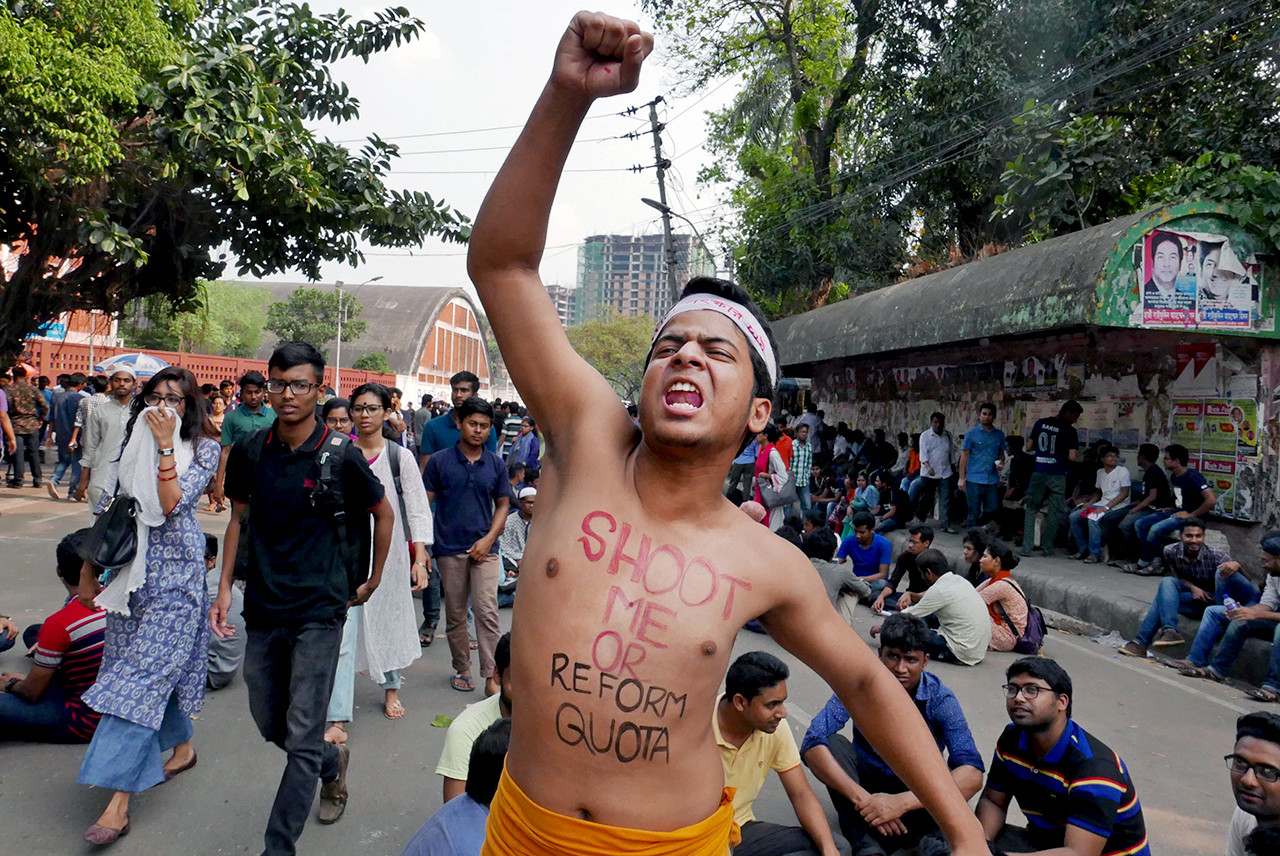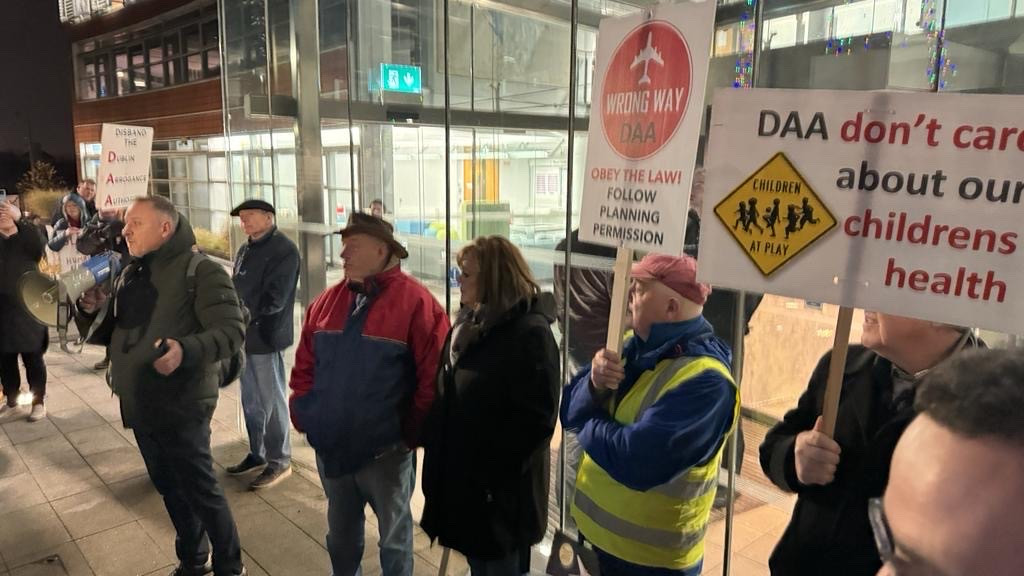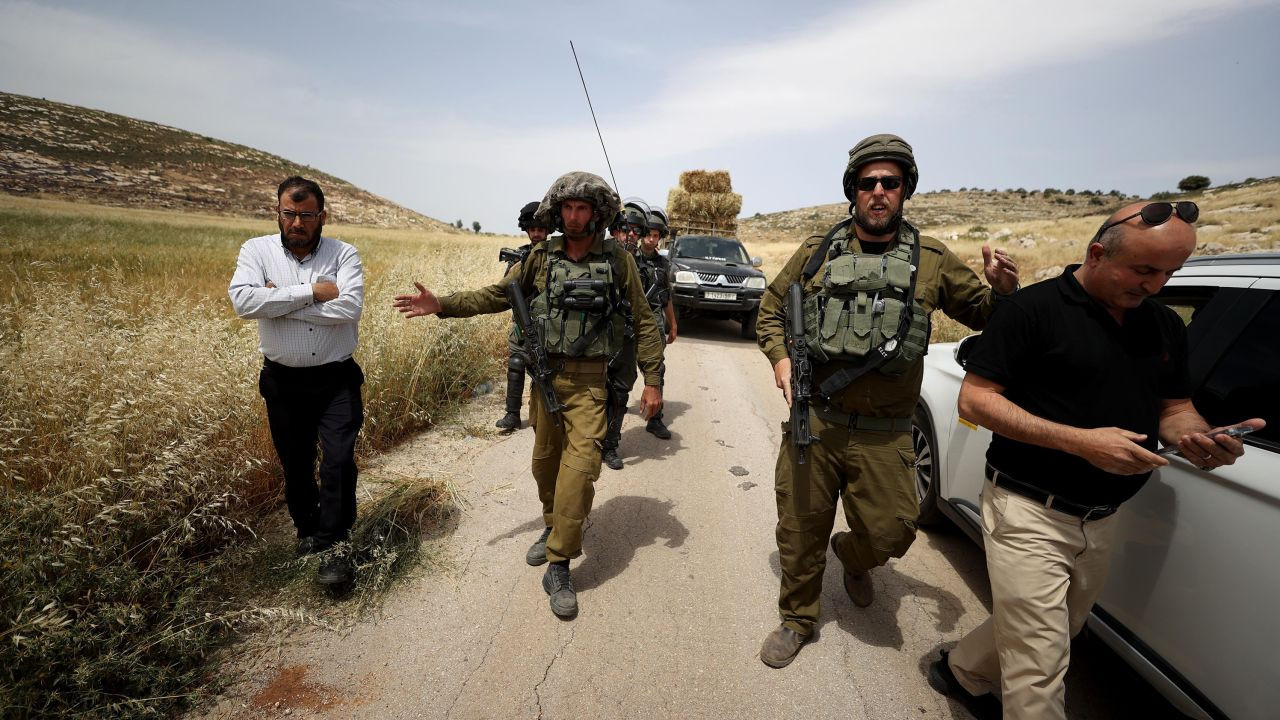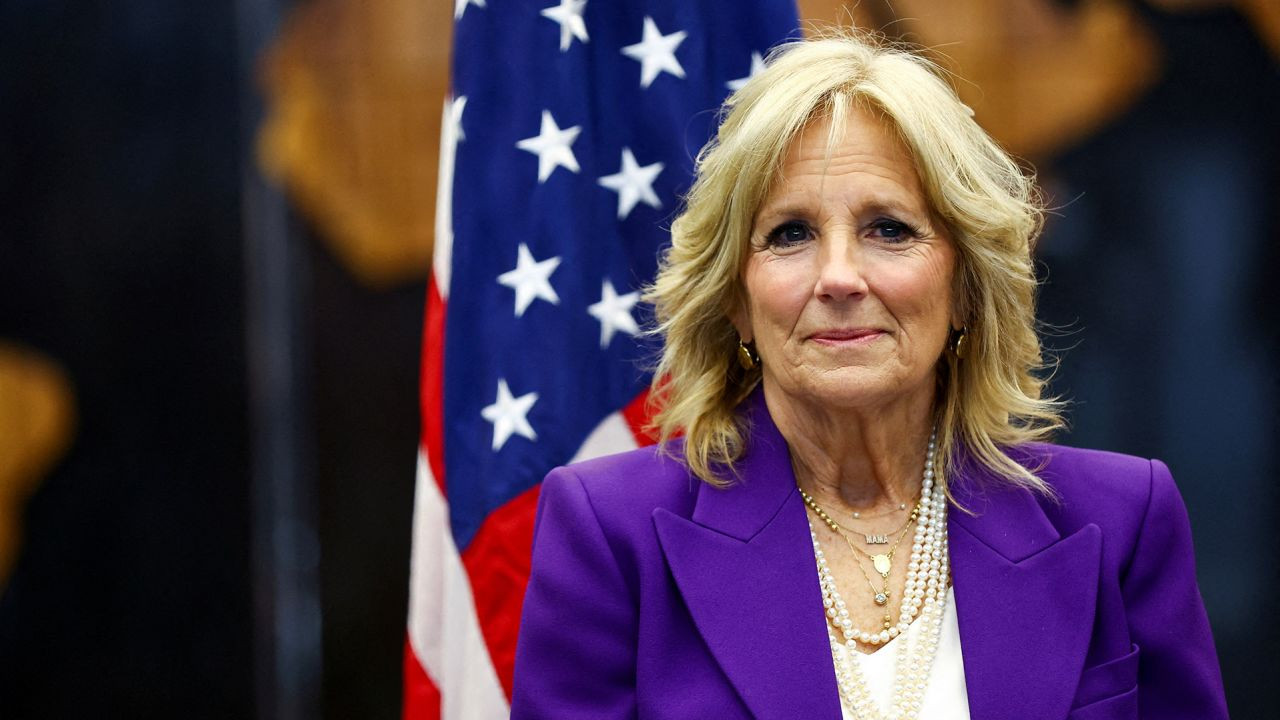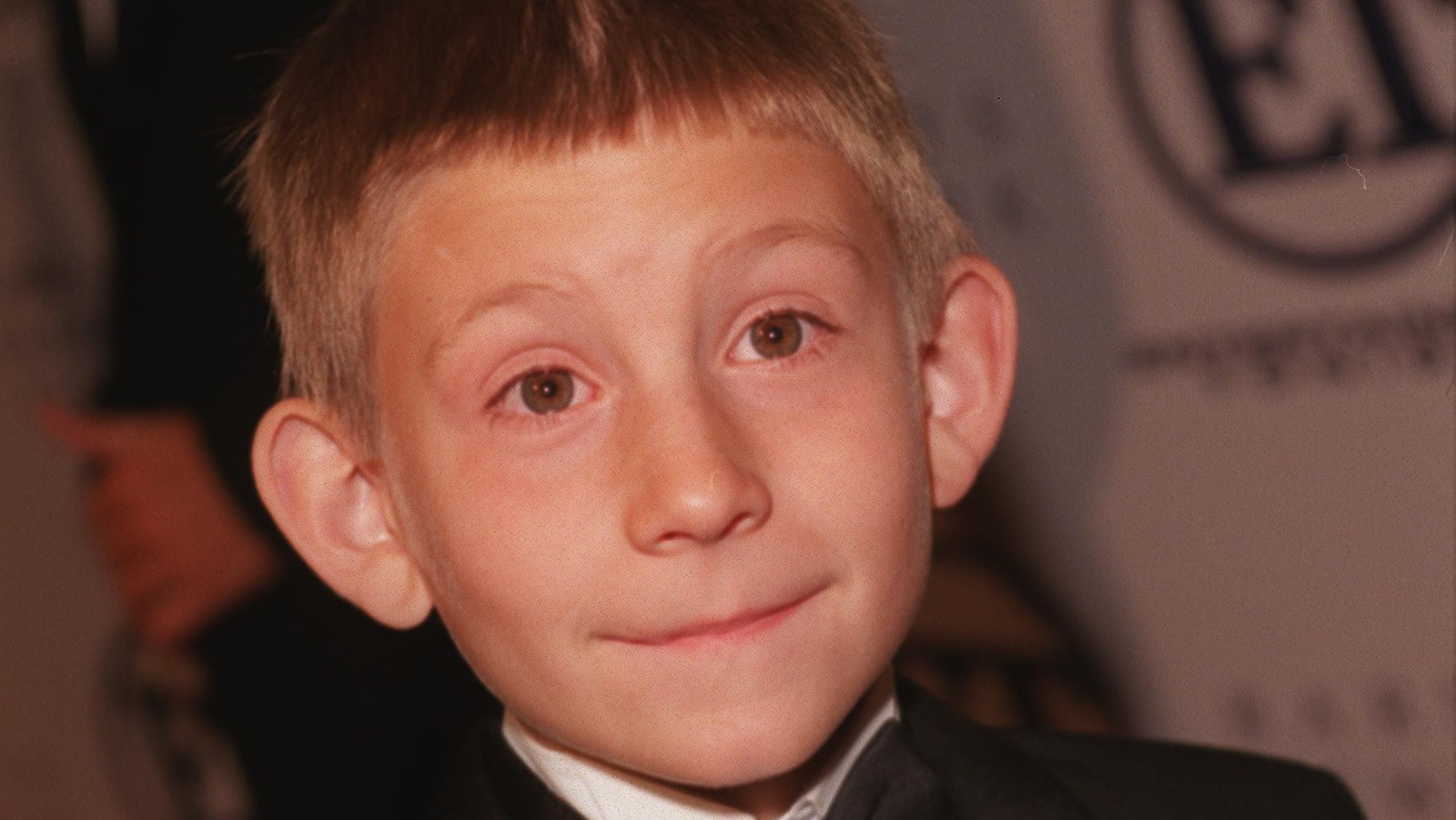Dozens of people have been killed and hundreds injured as renewed anti-government protests swept across Bangladesh, with protesters calling for the prime minister to resign as mobile internet access was cut off in an attempt to quell the unrest.
The country’s leading Bengali-language daily newspaper, Prothom Alo, said at least 95 people, including at least 14 police officers, had died on Sunday in the violence. Channel 24 reported at least 85 deaths.
The military announced that a new curfew, including in the capital, Dhaka, and other divisional and district headquarters, would come into effect on Sunday evening for an indefinite period. The government had earlier imposed a curfew with some exceptions in Dhaka and elsewhere.
Demonstrators are demanding the resignation of the prime minister, Sheikh Hasina, after protests last month that began with students calling for an end to a quota system for government jobs. Those demonstrations escalated into violence that left more than 200 dead.
The escalating conflict
The ruling Awami League party said the demand for Hasina’s resignation showed that the protests had been taken over by the main opposition Bangladesh Nationalist party and the now banned Jamaat-e-Islami party.
On Sunday, the government announced a holiday from Monday to Wednesday. Courts were to be closed indefinitely, while mobile internet services were cut off, and Facebook and messaging apps, including WhatsApp, were inaccessible.
At least 11,000 people have been arrested in recent weeks. The unrest has also resulted in the closure of schools and universities across the country, and authorities at one point imposed a shoot-on-sight curfew.
Video footage on Sunday showed protesters vandalising a prison van at the chief metropolitan magistrates court in Dhaka. Other videos showed police opening fire on the crowds with bullets, rubber bullets and teargas. The protesters set fire to vehicles and the ruling party’s offices. Some carried sharp weapons and sticks, according to TV footage.
The roots of the unrest
The Jamuna TV channel reported that violent clashes took place across more than a dozen districts, including Chattogram, Bogura, Magura, Rangpur, Kishoreganj and Sirajganj, where protesters backed by the country’s main opposition party clashed with police and activists for the Awami League party and its associated bodies.
In Dhaka’s Uttara neighbourhood, police fired teargas to disperse hundreds of people who blocked a major highway. Protesters attacked homes and vandalised a community welfare office in the area, where hundreds of ruling party activists took up positions. Crude bombs were detonated and gunshots fired, witnesses said. At least 20 people in the area were hit by bullets.
The protests began last month as students demanded an end to a quota system that reserved 30% of government jobs for veterans and relatives of those who fought in Bangladesh’s war of independence against Pakistan in 1971. After days of clashes, the country’s supreme court scaled back the quota, with 5% of jobs reserved for veterans and their relatives, but protesters have continued demanding accountability for violence that the demonstrators blame on the government’s use of excessive force.
The system also sets aside jobs for disabled people, transgender people and members of ethnic minorities, whose quotas were cut from a collective 26% to 2% in the ruling.
Hasina’s administration has blamed the opposition parties and their student wings for instigating the violence.
A stalemate and a looming crisis
Hasina offered to talk with student leaders on Saturday, but a coordinator refused and announced a demand for her resignation.
The protests have become a major challenge for Hasina, who has ruled the country for more than 15 years. She returned to power for a fourth consecutive term in January in an election that was boycotted by her main opponents.
The next few days are seen as crucial for both camps. The protests pose a momentous challenge to Ms Hasina, who was elected for a fourth consecutive term in January elections, boycotted by the main opposition.
With Associated Press and Reuters




